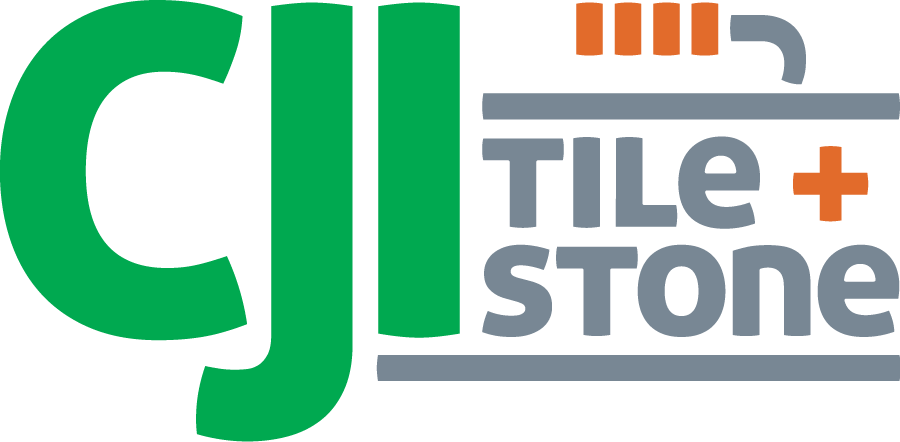FREQUENTLY ASKED QUESTIONS
How long will my project take? Some tile projects can be completed in a couple hours, however most tile projects take at least 2 days to complete. Here is a quick overview of potential minimum time frames:
Backsplash - 2 days +
Bathroom (tiling only) - 3 days +
Kitchen Floor - 2 days +
Tile Repair - 2 hours +
How much will this cost? To price out a project we do two things:
When we first contact you by email or phone, we will get a rough idea of items such as square footage, type of tile, current condition of the area, and further information relative to the area to be completed. This process will take 10 minutes or so. We will then provide you with a rough quote over the phone or by email. From there if that sounds like it is inline with what you were thinking we will set up an in-home estimate.
We will come to your home for around 30-60 minutes and take detailed notes and measurements, look at your home or business and come up with an idea of what you want done and how we are going to complete it. From there, we will take that information and produce a written estimate.
When can you start? Typically we can start larger projects within 2-3 weeks, and can usually fit smaller projects such as repairs or back splashes in a little quicker. If time is of the essence, please give us a call and we can see if we can fit your project in.
Do I have to pay an upfront deposit? At CJI Tile and Stone we do not ask for deposits on most projects. On rare occurrences we require customers to pay a small deposit for special order product and the balance is paid off once product is delivered to site.
How long do you warranty your work? We back all of our work with a two-year warranty against construction defects. In addition, each manufacturer offers guarantees of variable lengths for each product with guarantees lasting up to a lifetime. For more information regarding the lifetime warranty follow the link here: Custom Building Products Lifetime Warranty.
What methods of payment do you accept? Currently we accept Cheque, Credit Card or Interac E-transfers.
How long until I can walk on floor tiles after they have been installed? Typically you can walk on the floor 24 hours after the tiles have been installed. However, in some situations this time period can be shortened by using speed set mortars or lengthened by various other reasons such as the tile needing to be sealed.
Porcelain or ceramic? Ceramic and Porcelain tiles are both great depending on the intended end use. Porcelain tiles are denser than ceramic and because of this they can hold up to more abuse. As well, some porcelain tiles have a body that is the same colour as the surface, so if a tile is chipped the body of the tile is not as obvious. With ceramic tiles, they are not as durable as porcelain tile overall. However, most of the time they are less expensive than porcelain, so for a residential application they work just fine. Ultimately, the choice comes down to budget and intended use.
Can tile be used outdoors in Calgary? Technically, tile can be used outside in Calgary as long as it is a porcelain or natural stone tile rated to be frost-proof. However, in Calgary because of our climate (freeze/thaw cycles, freezing temperatures etc.), there is usually extensive thought and preparation that needs to be done to have a successful long lasting installation.
What is floor heat? Floor heating is typically an electrical wire ran under the tiles that warms the tiles for comfort and for general room heating. For larger areas, we can work together with our plumbing team to install a hydronic heating system that will suit your needs.
What does ‘rectified’ mean in terms of tiles? Rectified means that the tiles have been cut after being baked so that every tile is the same size. This enables us to use much smaller grout joints. This is typically done on large format porcelain tiles.
What size grout joints should I use? Grout joints are usually dictated by the type and quality of tile used. If a tile is rectified, smaller grout joints (down to 1/16″) can be used.
Should I seal my grout joints? With grout options today, we feel that sealing grout joints is not necessary. If you select a grout colour that matches the tile and hides discolouration this is usually the best long-term solution.
Sometimes, sealer is a useful tool. For instance, if you are wanting to use a very light coloured grout in an entryway that is going to see heavy use. Other times with products such as Mapei’s Grout Refresh or Customs Grout Renew we can bring old grout back to life with a sealer/colourant in one application.
What is the difference between natural stone and cultured stone veneer? Cultured or manufactured stone is a product that has come into play over the last 50 years or so. It is typically a thin product made of composite materials that provides a look very close to replicating real stone pieces or blocks. Natural stone veneer is a real stone that is sliced typically in half - this lightens the product, as well as simplifying the installation. The advantages of both of these products is weight. As they are thinner than a solid stone piece, installation of the veneer is simpler and requires less prep than a typical full stone installation.










